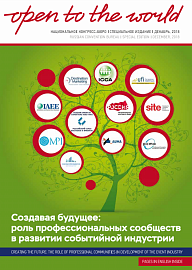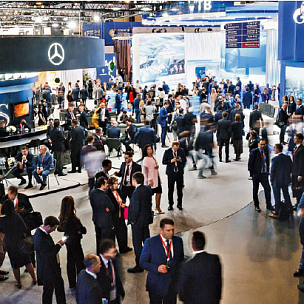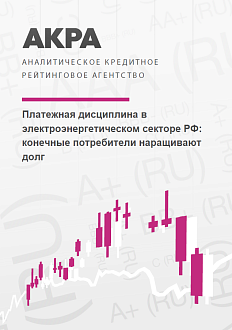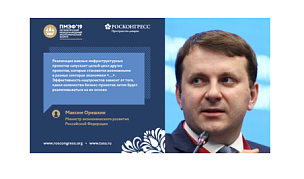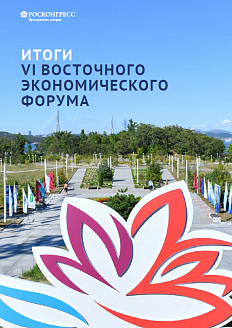Today, three Russian associations (the Russian Union of Exhibitions and Fairs (RUEF), the National Association of Event Organizers (NAEO), and the Russian Convention Bureau (RCB)) are in Top 15 Biggest Event Industry Associations. In this digest, the RCB offers an overview of main events held since the opening of the new season in September 2018 where it acted as organizer, partner, or participant, and reviews the latest developments in the event industry. Some of the events which took place within this period were the Eastern Economic Forum, the 24th International Russian Travel Market OTDYKH 2018, and the Event Show organized by Vedomosti, and RCB was always at the center of activity. Also, in order to disclose its long-term intentions and illustrate the contribution of professional communities to the development of the event industry through the example of its own activities, the Russian Convention Bureau publishes its performance targets up to 2022.
.png)
At the moment, the competition in the global event industry is rather high, so, to stay successful professionals in the industry, market participants should have the ability to meet the highest expectations of clients and attendees, display flexibility and creativity in all respects, and have the ability to offer a clear and compelling product.
In early November, Dubai hosted a meeting of the International Congress and Convention Association (ICCA) which was attended by 1,156 delegates from 79 countries. The attendees discussed the role of professional communities in the event industry and the most effective organizational models of convention bureaus. Also, analysts from ICCA identified the following 5 main trends in the development of the global congress market: regional rotation, increasing number of events with decreasing average number of participants, increasing importance of technologies as a subject matter of meetings, growing popularity of universities as venues, and shorter duration of meetings.
In addition, the digest gives an overview of the economic effect of FIFA World Cup 2018 in Russia. Out of the total economic effect of RUB 867 billion, 86% has to do with the influence of investments and operational expenses, which comes to the total of RUB 746 billion. Most of the effect occurred in 20162017, which corresponds to peak indicators of investments into construction and reconstruction of sport and transport infrastructure. A total of 220,000 workplaces were created in the process of preparation for the World Cup. The World Cup also boosted a growth of small and medium businesses and stimulated a renewal of infrastructure. According to the international consulting company PwC, the contribution of the FIFA World Cup into Russias GDP in 2018 amounted to 0.43%. An event as large-scale as the FIFA World Cup will also have a long-term economic effect.


